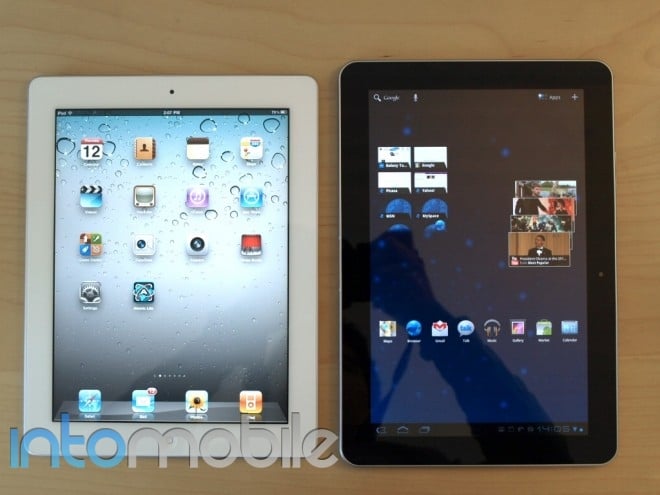
At the Reuters Global Technology Summit today Jen-Hsun Huang, the CEO of NVIDIA, told reports that in roughly 2.5 years Google’s mobile operating system Android will overtake Apple’s iPad in terms of market share. You can spin that either way, as a good thing for Apple, who with the iPad will be so successful that they’ll dominate the tablet market in 2012 and 2013, or a bad thing for Samsung, HTC, and most importantly Google, who are going to produce a string of devices over the next 30 months that don’t stack up to the best that Apple has to offer both in terms of hardware and user experience. Huang also announced that Kal-El, the codename for NVIDIA’s upcoming quad core Tegra chip, has at least 10 design wins and that the company has secured deals with 5 major phone companies, as well as 5 major PC manufacturers. Remember that Microsoft’s next version of Windows will be ARM compatible, hence the PC guys talking to NVIDIA.
It’s hard to say whether or not his prediction will come true. Apple is due to show off the next version of iOS in early June and it offers something truly remarkable then maybe Google will be able to steal the best features and roll it into the Ice Cream Sandwich, due to land in Q4 2011. Then there’s Qualcomm, who is popular today because they offer hardware vendors not only a powerful CPU and GPU solution, but also include all the needed radios to make a device that can connect to the internet via either 3G or WiFi. Sure, NVIDIA purchased Icera in order to match Qualcomm’s ability to offer tightly integrated products, but how long is it going to take to integrate their technology into future NVIDIA products? It’s telling that the first generation of Android tablets all run on the Tegra 2, but in this industry first mover advantage doesn’t mean squat. Rumors are already floating on the internet of HTC’s first Honeycomb tablet expected to hit the market later this summer running a dual core Snapdragon; HTC sells more hardware running Android than just about anyone else, except maybe Samsung.
[Via: Unwired View]
